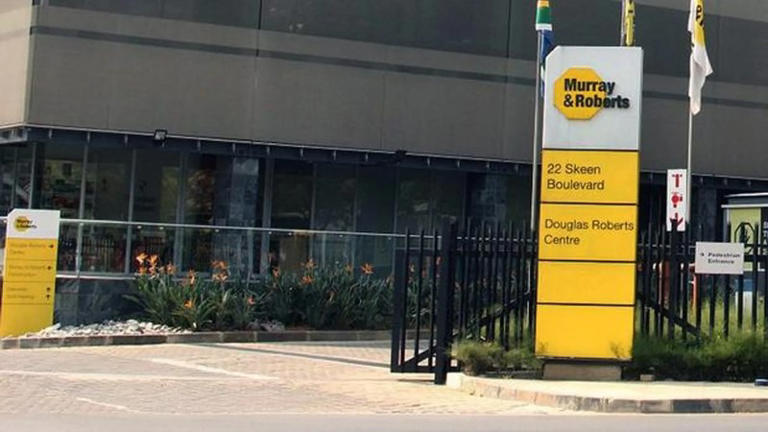Founded over 100 years ago, Murray & Roberts Holdings Ltd. has confirmed it will not oppose a court-ordered liquidation, effectively ending more than a century of operations.
The company’s collapse follows creditor-initiated winding-up proceedings in the Gauteng Division of the High Court, with Murray & Roberts citing its severely distressed financial position as the reason for not contesting the order. A prior attempt at a voluntary winding-up earlier in 2025 failed due to a lack of shareholder quorum.
Business Rescue and Asset Sales
The downfall of Murray & Roberts Holdings was accelerated by the business rescue of its main operating subsidiary, Murray & Roberts Ltd. (MRL), which entered formal rescue proceedings in November 2024. Creditors approved a rescue plan in April 2025 that included the sale of MRL’s core assets, leaving the holding company with no revenue streams or viable path to recapitalisation.
As a result, Murray & Roberts Holdings declared itself commercially insolvent, with liabilities outweighing its remaining assets.
Financial Performance in Decline
The group’s financial results for the six months ended 31 December 2024 highlight its deteriorating condition:
- Loss before interest and tax: R646 million, compared to a R2 million loss for the year ended June 2024.
- The decline was largely driven by surety payments made by the holding company for MRL project obligations.
- MRL’s performance (discontinued operation): Revenue of R4.6 billion, but a loss before interest and tax of R960 million.
- Group attributable loss: R1.4 billion.
- Loss per share: 167 cents from continuing operations, rising to 414 cents per share when including discontinued operations.
End of an Era
Founded over 100 years ago, Murray & Roberts was once a cornerstone of South Africa’s construction and engineering industry, with projects spanning mining, energy, transport, and infrastructure. Its liquidation underscores the pressures facing South African construction giants, including financial strain, delayed payments, and challenging global market conditions.



